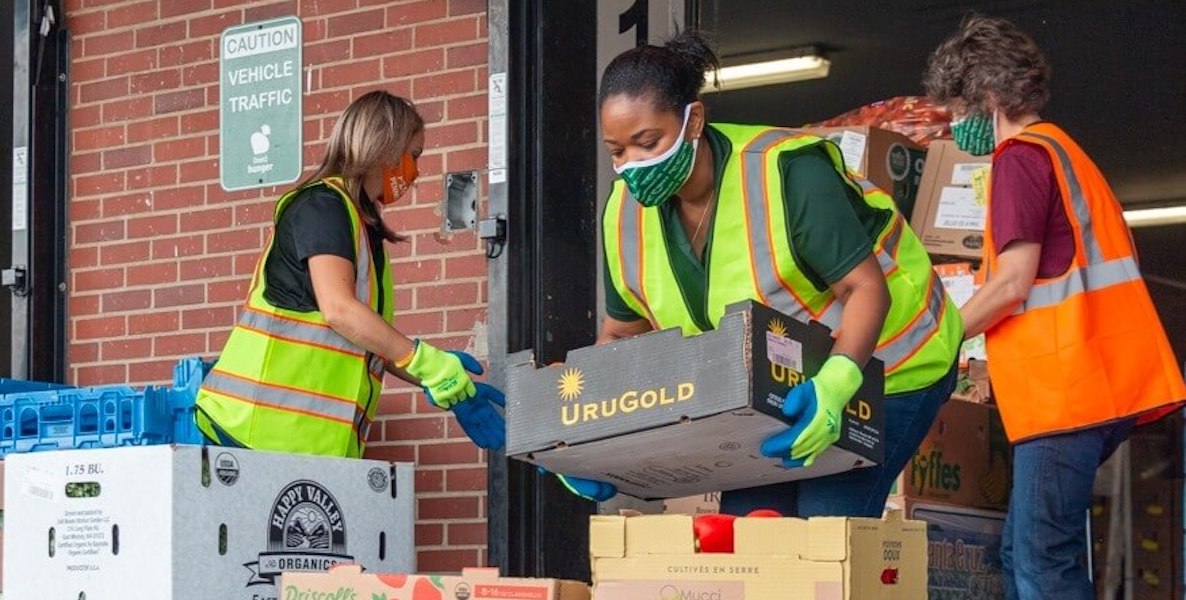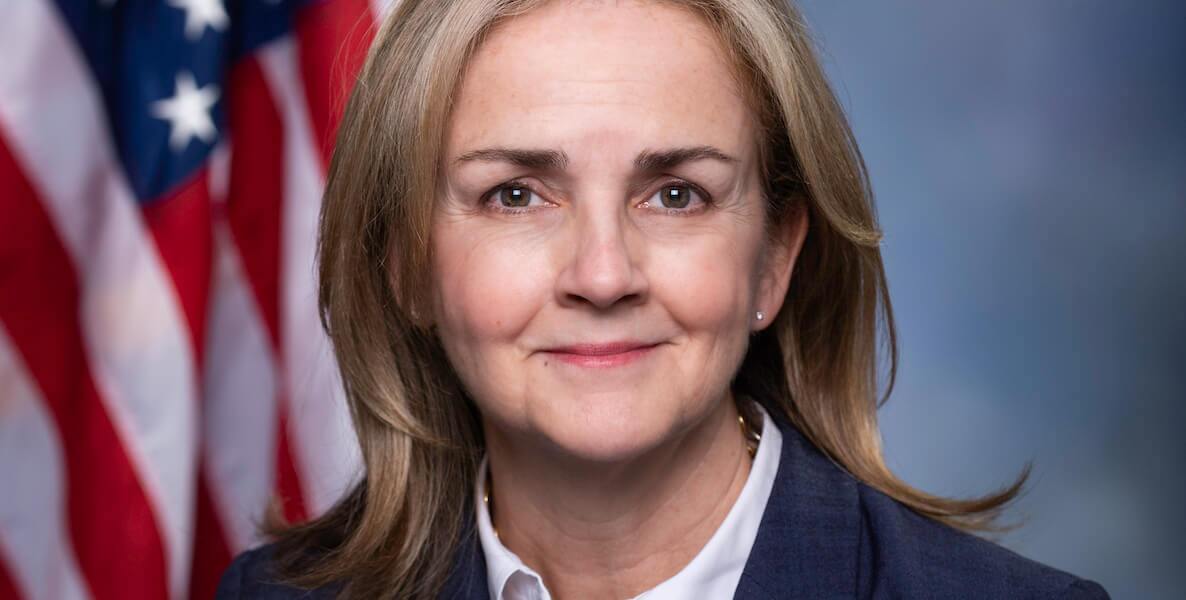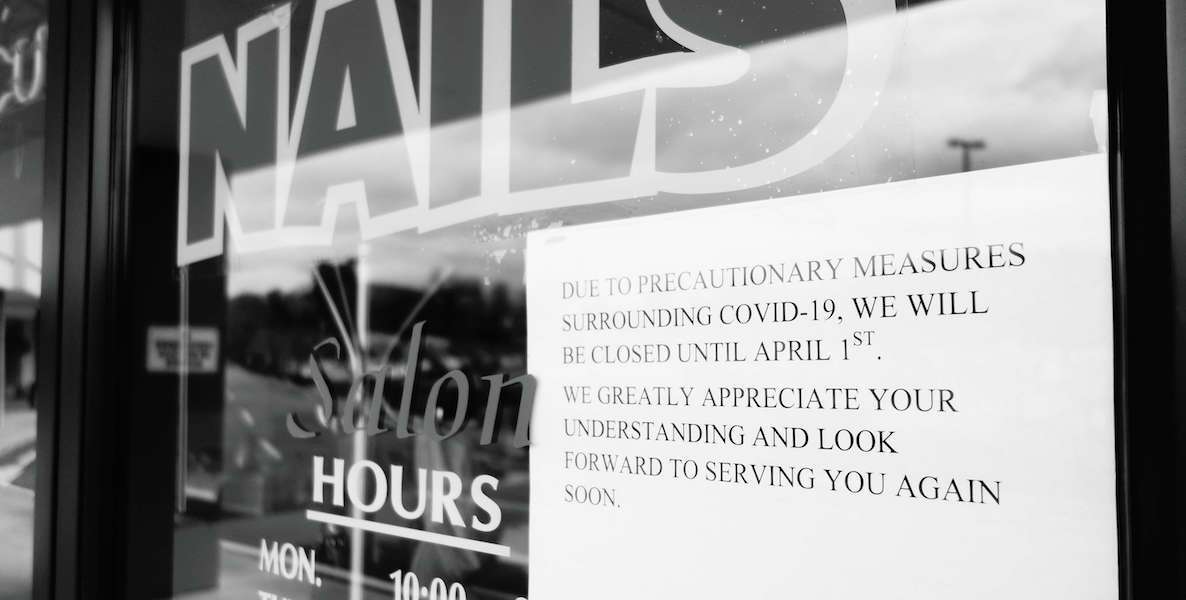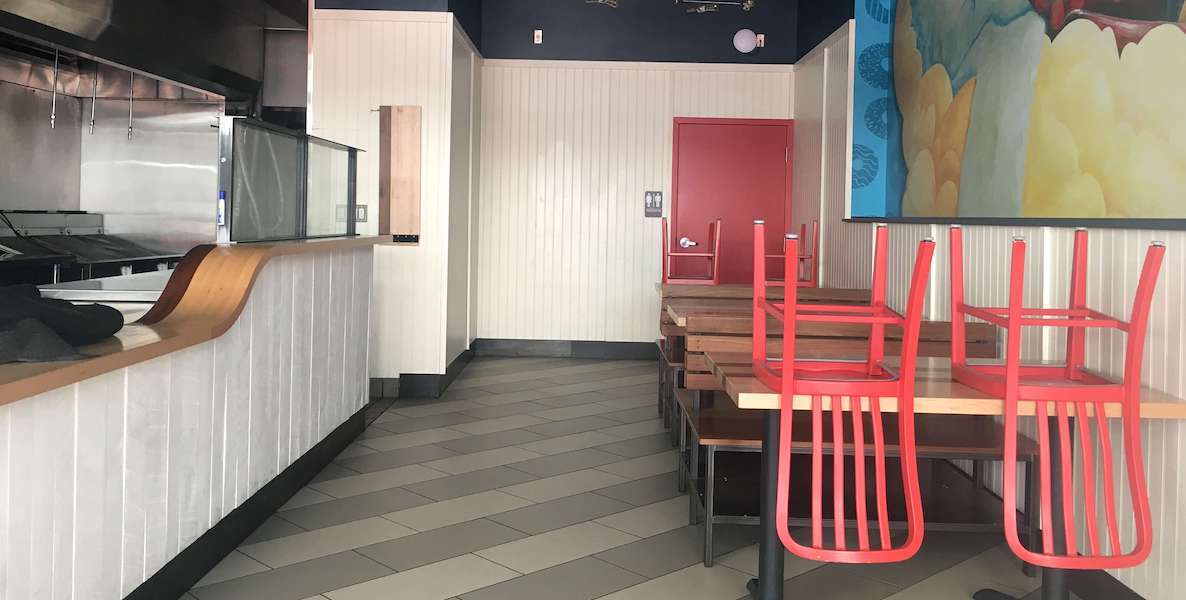As the economic situation continues to worsen, it’s become clear that the CARES Act falls far short of what is needed to avoid mass unemployment. Congress needs to come back to the table to shore up the recovery.
One of the best ways to do that is with recurring payments to households and state and local governments until the unemployment rate returns to pre-crisis levels. That’s the basis for Rep. Madeleine Dean’s proposal, which notably has some bipartisan support from a few House Republicans.
Congress so far opted for a one-time payment to Americans, and it will take another act of Congress to mail more checks. To remove as much uncertainty as possible about the federal response as the crisis drags on, Congress’s Phase 4 bill should include a proposal from Montgomery County Congresswoman Madeleine Dean for sustained direct cash payments.
“I believe Americans need cash now,” said Rep. Dean, “Their work has been ceased through no fault of their own, and they need confidence that cash will give them as they wait for us to get through the public health crisis.”
In late March, Dean sent a letter to House leadership calling for ongoing direct cash payments along the same lines as a Senate proposal from Senators Cory Booker, Michael Bennett, and Sherrod Brown based on a November proposal from economist Claudia Sahm for The Hamilton Project. (For those who prefer a podcast format, Sahm also spoke about her proposal on Vox’s The Weeds.)
Under the Dean proposal, the Treasury would send an immediate payment of $2,000 for every adult, child, and non-child dependent, with a phase-out for higher incomes. And crucially, it would pre-commit to further rounds of cash payments depending on objective on-the-ground conditions like the unemployment rate.
A second payment of $1,500 would be mailed out automatically in July if the public health emergency continues into that month, or if the unemployment rate in June is at least 1 percentage point higher than the three-month moving average from December 2019 to February 2020 (which seems very likely with the national jobless rate now sitting at about 10%.)
Additional quarterly payments of $1,000 would continue until unemployment falls to within 0.5 percentage points of the levels from December 2019 – February 2020.
It now looks like this framework, which first appeared as a proposal from Senators Cory Booker, Michael Bennett and Sherrod Brown, is starting to pick up steam in the House. This week, Reps. Ro Khanna and Tim Ryan—figures from the left and moderate wings of the Democratic Party—co-sponsored a recurring payments bill called the Emergency Money for the People Act.
That bill would automatically send $2,000 a month per adult and $500 per child to individuals for at least 6 months, ending only when the unemployment rate returns to pre-pandemic levels. The bill would apply only to individuals making less than $130,000 per year.
What Congress still hasn’t broached yet is the need for more—and recurring—aid to state and local governments whose revenues are being hammered by the hard stop to sales and economic activity.
As reported by the Pennsylvania Capital-Star’s Stephen Caruso, Pennsylvania’s Independent Fiscal Office projects revenues coming in “between $2.7 to $3.9 billion short of expectations as businesses close and workers lose jobs to fight the spread of the pandemic.
Between $1.3 to $1.8 billion of that impact could show up before the state closes its books on the 2019-20 fiscal year on June 30, the IFO projected.”
The Fed will be purchasing municipal bonds, too, to help prevent major state and local budget cuts and tax increases, and Philadelphia is one of the cities eligible for the new program (along with the state of Pennsylvania). But it remains to be seen if City Council will be able to get a new bond question onto the ballot in time for the June 2 election.
Experts can debate whether even this plan would be enough to avoid a prolonged recession, but so far it’s the closest thing to a true automatic stabilization policy that’s been proposed in Congress.
Rep. Dean’s plan is an appealing option, and one that deserves more attention from other area elected officials and advocates as Congress prepares for another round of economic aid negotiations.
Jon Geeting is the director of engagement at Philadelphia 3.0, a political action committee that supports efforts to reform and modernize City Hall. This is part of a series of articles running on both The Citizen and 3.0’s blog.









